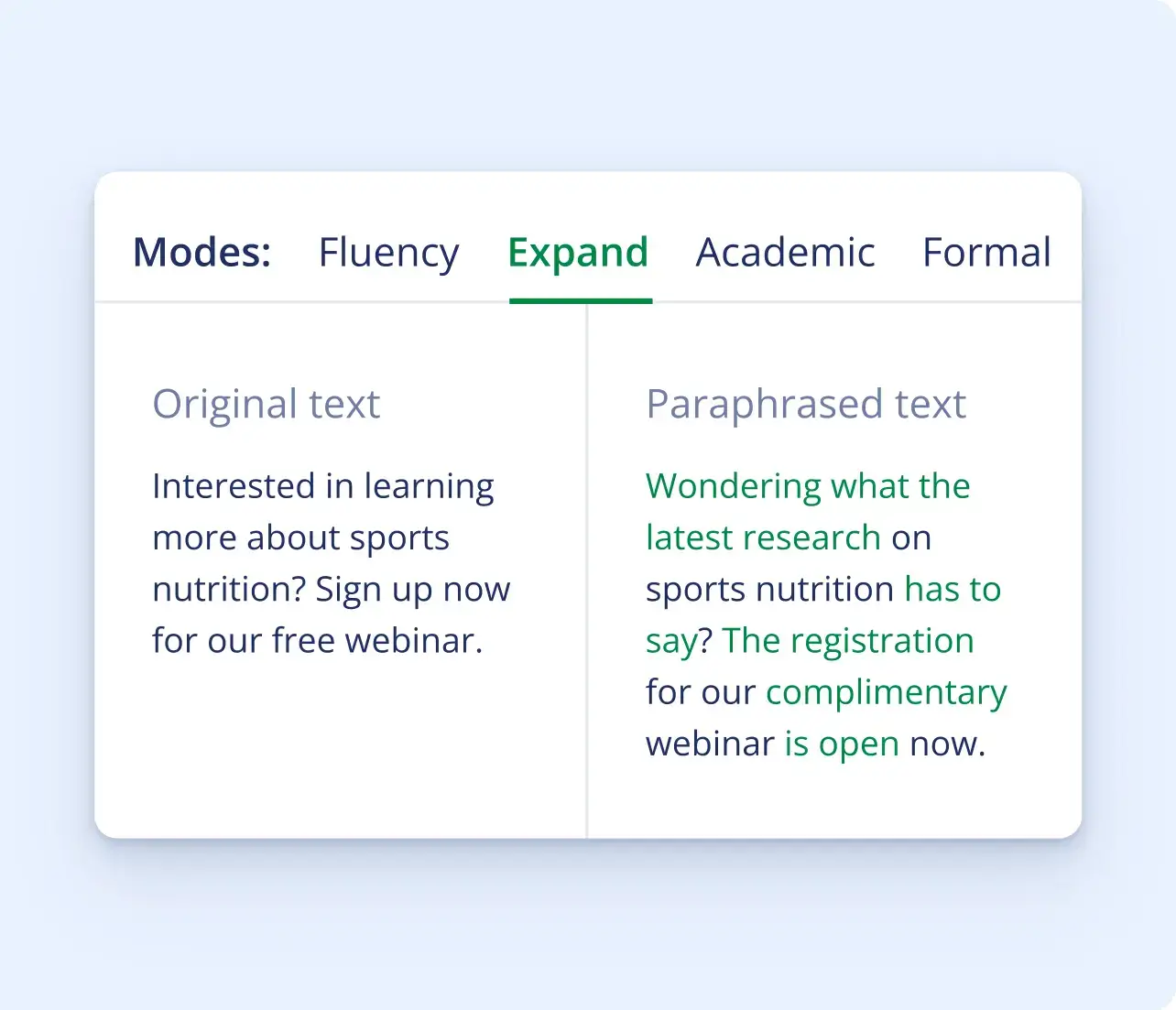Skibidi & Delulu | New Words in the Cambridge Dictionary
In August 2025 there was quite a stir online and in news programs about the new words that the Cambridge Dictionary had added to its publication. Eyebrows were raised at the inclusion of skibidi, dululu, and tradwife (among others). These imposters from social media had some commentators bemoaning the imminent death of the English language.
The event raised the question: what is the purpose of a dictionary? The answer isn’t as easy as you might think. There are two broad answers you will generally find: a dictionary is either prescriptive or descriptive. In other words, it either tells you what words are correct and how they should be used (prescriptive) or it tells you how words are being used at the moment or at the time of writing (descriptive).
Most lexicographers would agree that the purpose of a dictionary is to describe and record how words are used. And this is what the new Cambridge dictionary is doing—capturing how the language is used at a specific moment in time.
a word that can have different meanings such as “cool” or “bad”, or can be used with no real meaning as a joke:
From the Cambridge Advanced Learner’s Dictionary & Thesaurus
Cambridge Dictionary’s new words
The technical name for a new word is “neologism.” Sometimes they appear to pop up out of nowhere (e.g., “skibidi”), and sometimes they are adaptations of existing words (e.g., “delulu” from “delusional”). Others are a combination of existing words (e.g., “broligarchy” from “bro(ther)” and “oligarchy”). This last type is known as a “portmanteau neologism.” Often, neologisms start out as slang words before becoming more mainstream.
Here are some highlights from the more than 6,000 new words recently added to the Cambridge Dictionary:
| New word | Meaning | Origin |
|---|---|---|
| skibidi | Cool, bad, or a nonsense filler word | From a viral animated series called “Skibidi Toilet” on YouTube |
| delulu | Delusional | Not known |
| lewk | Look, (noun, as in style) | Not clear but popularized by RuPaul’s Drag Race |
| tradwife | Traditional wife, stay-at-home mom | Portmanteau of “traditional” and “wife” |
| broligarchy | Male tech leaders with massive influence in technology and increasingly politics | A portmanteau of “bro” (as in “tech bros”) and “oligarchy” |
| inspo | Inspiration | Not known, but popular on social media |
| snackable | Online content that can be “consumed” quickly | Borrowed from the world of food |
| noctalgia | Sadness caused by the loss of dark night skies | A portmanteau word used by astronomers from “noctis,” meaning “night,” and “algia,” meaning “sadness” |
| mouse jiggler | Software designed to make it appear your computer mouse is being used, to fool your online work supervisor that you are busy | Not known |
What is a dictionary?
Rather beautifully, the best place to look for an answer to this question is … a dictionary! And that is what dictionaries are used for—to look up words to find their meaning, or check the spelling, or find out the different forms of the words (e.g., the past tense or the participle of a verb).
There are also dictionaries for translation, enabling you to look up how a word is translated into a foreign language or what a foreign word is translated to in English.
The Oxford English Dictionary is an interesting variety. Although it keeps track of current word usage and meanings, it retains the meanings of words as far back as the compilers can find. It is a massive thing, taking up more than four feet of bookshelf. But it is a wonderful way of seeing how meanings have changed over the years. In 17th-century English, it is awful—i.e., it inspires awe!
Do we need dictionaries?
Dictionaries have been around for a very long time. Samuel Johnson’s A Dictionary of the English Language is widely considered to be the first serious English dictionary, and it was preceded by more than 150 previous attempts.
Before the age of the internet, dictionaries were the only simple way of finding out what a word means or how it is spelled (for example, is it spelled or spelt?).
Why do dictionaries change?
Language never stays still. Meanings change, spellings mutate, and new words appear. If a dictionary is to remain current, then it has to reflect these changes.
The introduction of new words will be followed in quick order by cries of horror from language traditionalists. But language, of course, will change and evolve despite what the dictionaries do. Those traditionalists might be shocked to discover that Samuel Johnson (very much from the prescriptive school of lexicography) used the spelling “authour” in his dictionary.
Indeed, perhaps Dr. Johnson should have the last word on the thankless task of compiling a dictionary: “Every other authour may aspire to praise; the lexicographer can only hope to escape reproach, and even this negative recompense has been yet granted to very few.” From Preface to a Dictionary of the English Language by Samuel Johnson.
Frequently asked questions about new dictionary words
- What is the meaning of delulu?
-
Delulu is a relatively new word that means “delusional.” It was made popular through social media and gained attention when the Cambridge International Dictionary added it in August 2025.
It was famously used by the Australian prime minister in March 2025 when he called the opposition party’s policies “delulu with no solulu [solution].”
When you’re not sure about words you encounter, you can always ask the QuillBot AI Chat about a word or phrase and if it’s suitable for what you are writing.
- What is the meaning of skibidi?
-
Skibidi is a fairly new word that means “cool” or “bad” or is sometimes used as a filler nonsense word. It has its origins in a YouTube animated series called “Skibidi Toilet.”
Skibidi gained attention in August 2025 when the Cambridge International Dictionary included it as a new word.
QuillBot’s free AI Chat is a quick and easy way of finding out about words and what they mean.
- What is the difference between neologisms and slang?
-
Neologisms and slang are different in their origin, purpose, and acceptance.
- Neologisms are newly created words that express new concepts. These words may become commonly used over time. Neologisms can come from various sources, such as cultural shifts or technological developments.
- Slang expressions are informal, nonstandard words or phrases used by a specific demographic or social group. These words can be used to express camaraderie or convey an attitude or emotion. For example, “lit” and “bae” are slang expressions. Some slang words, such as “jazz,” may become neologisms and enter mainstream language use.
In short, neologisms are a response to broader societal and cultural changes, while slang arises from informal language use within specific social groups or communities. Neologisms may become more widely accepted over time, whereas slang usually retains its informal and subcultural associations.
Cite this QuillBot article
We encourage the use of reliable sources in all types of writing. You can copy and paste the citation or click the "Cite this article" button to automatically add it to our free Citation Generator.
Marshall, T. (2025, August 26). Skibidi & Delulu | New Words in the Cambridge Dictionary. Quillbot. Retrieved February 26, 2026, from https://quillbot.com/blog/word-finder/new-words-in-cambridge-dictionary/


